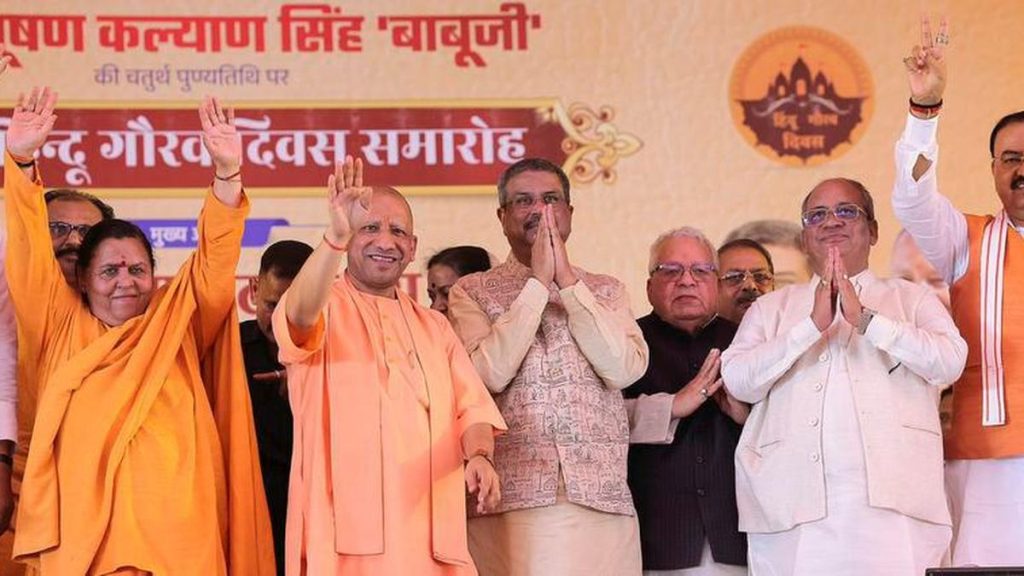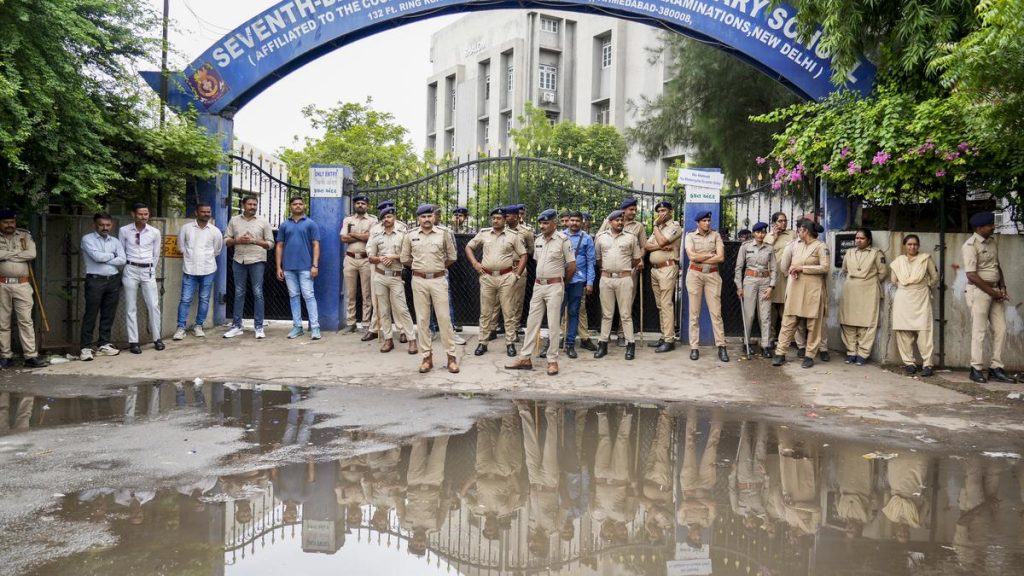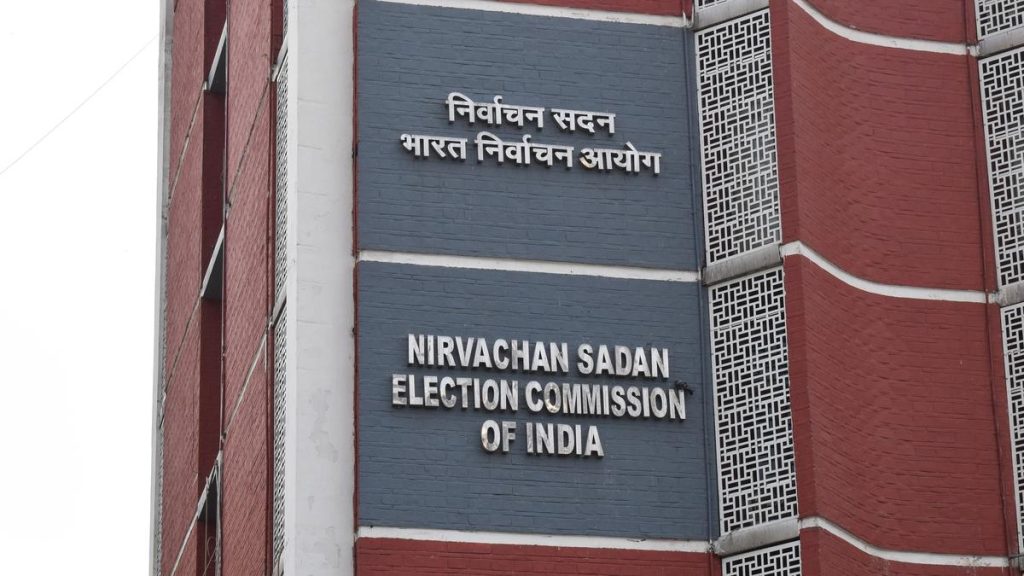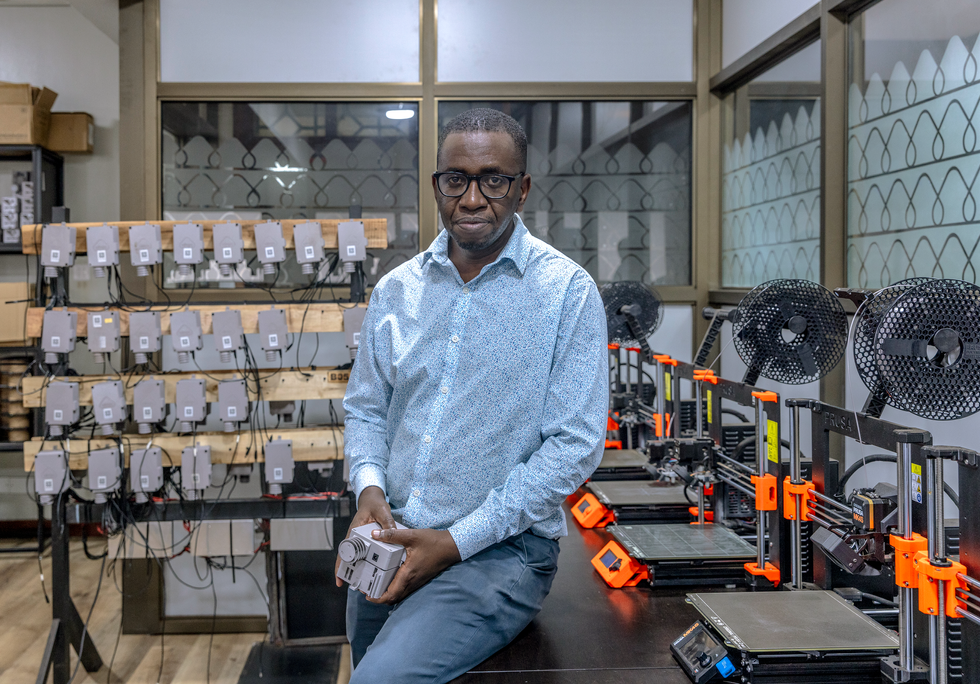Now Reading: Lessons from a Flawed Drone Experiment
-
01
Lessons from a Flawed Drone Experiment
Lessons from a Flawed Drone Experiment
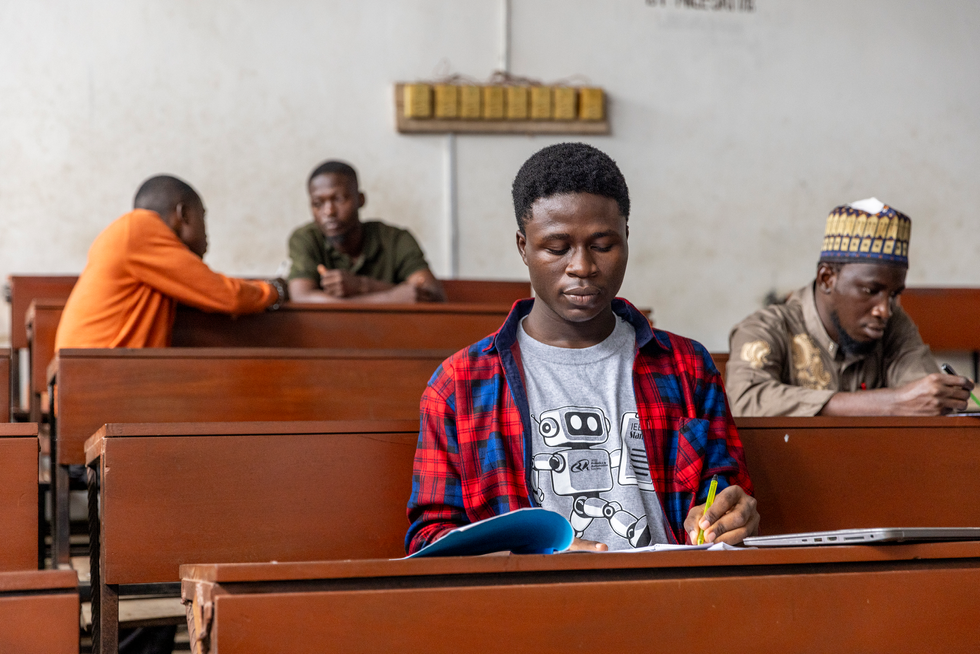
Fast Summary
- Oluwatosin Kolade, a mechanical engineering student at Nigeria’s Obafemi Awolowo University (OAU), led a project to develop a surveillance drone.
- The project aimed to showcase the drone at the National Space Research adn Growth Agency in Abuja but faced challenges including financial constraints, supply chain delays, and reliance on outdated components.
- A 35% devaluation of the Nigerian naira sharply increased costs, resulting in modifications to component specifications and financial strain for all participants.
- After merging with another team, the group eventually raised 350,000 naira (~USD $249) but had difficulty sourcing materials during China’s long holiday season.
- Students were forced to improvise key components like using Veroboards instead of proper power-distribution boards due to lack of availability.
- critical setbacks included receiving an obsolete flight controller (ArduCopter 2.8 board) and a failure with their drone’s battery during testing.
- Despite resourceful attempts to save the project under academic time pressures, OAU’s students completed the basic framework but fell short of functional test flights.
- The experience underscored systemic issues such as funding challenges in Nigerian university projects linked with wider economic instability.
Read More: What I Learned From a Janky Drone
Indian Opinion Analysis
This case highlights numerous challenges that resonate widely across developing economies like India-particularly insufficient investment in higher education infrastructure and its implications on technical innovation. Much like Nigerian universities grappling with financial struggles, several Indian institutions share comparable difficulties where student-driven projects become heavily constrained by personal funding capacities instead of institutional support.
india can draw lessons from this story by focusing efforts on bridging infrastructural gaps through targeted investments in STEM programs within public universities while improving access to global supply chains for essential technical components without bureaucratic roadblocks or cost inflation.
Moreover, economic instability-not unlike Nigeria’s currency depreciation-creates major obstacles for technological progress among students reliant on imported tools or equipment priced against fluctuating foreign currencies. In India’s context too, fostering domestic production ecosystems for specialized scientific hardware might mitigate dependency-related risks.
Above all else stands perseverance: just as Oluwatosin Kolade’s team demonstrated resilience amidst difficulties arising from budget limits versus high expectations-nurturing empathy frameworks beyond blanket grading practices contextualizing achievements/outcomes amid external disruptions!


